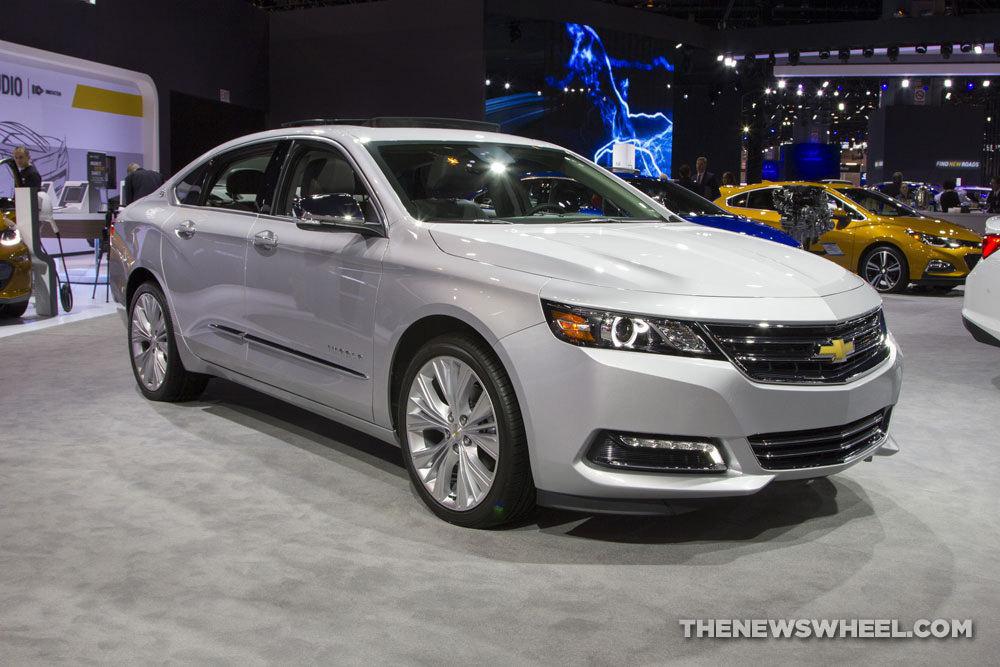Australians could soon have access to cheaper cars under plan to deregulate fresh car market – ABC News (Australian Broadcasting Corporation)

Australians could soon have access to cheaper cars under plan to deregulate fresh car market
Updated April 16, two thousand fifteen Nineteen:15:35
The Federal Government expects the “vast majority” of Australians will still buy fresh cars from local dealerships, even if they are given the freedom to import vehicles directly from overseas.
Cabinet has agreed to consider removing the barriers restricting Australian buyers from bringing fresh cars in from overseas, after another round of public consultation.
The Government said it would give consumers more choice and access to cheaper cars once the local automotive industry closed in 2017.
However, the Government is “not inclined” to take the same treatment with imports of second-hand cars.
The minister responsible, Jamie Briggs, has told the ABC the Government wished to reform the act to ensure Australians could buy the safest and best quality cars at the best possible price.
“The real issue here is: why regulate if you’re now part of a global regime?” the Assistant Minister for Infrastructure and Regional Development said.
“We permit people to purchase all sorts of goods from overseas on the internet.
“There seems no reason why we shouldn’t permit people to buy fresh cars from overseas markets if there’s an chance to do so.”
Mr Briggs said if the Government goes ahead with the plan, Australians could buy cars directly from dealers overseas, provided that car complied with global design and safety standards.
“That would obviously be a right-hand-drive vehicle — we’re a right-hand-drive country — and it would ensure that you are meeting the same standards you would if you bought the car in Australia,” he said.
He said those cars would have to be less than twelve months old, with fewer than Four,000 kilometres on the odometer.
Mr Briggs previously said deregulating the fresh car market would reduce the price of vehicles, particularly luxury models.
But when asked if there was any ensure that would happen, Mr Briggs said it would be up to consumers to judge.
“Through the submissions process last year, there were examples the AAA (Australian Automobile Association) introduced where there was a price differential in certain segments of the market,” he said.
Fears for jobs at local car dealerships
The car industry has raised concerns that permitting private imports could leave car buyers without basic consumer protections, including a fresh car warranty.
Motor Trade Association chief executive Paul Unerkov said he did not support the Government’s proposal in its current form, adding there had not been enough consideration of consumer rights and processes for dispute resolution.
“It hasn’t been thought through enough I believe, with regards to the issues for consumers, with the availability of after-market parts, warranties, getting the vehicles here, ensuring that the vehicles are the right vehicles that are ordered,” Mr Unerkov said.
Mr Briggs admitted there was an element of “buyer beware” in the proposed system.
“That would be a decision you’d need to make as a consumer and we believe that the market would create products which would cover that situation,” he said.
“Clearly it’s a big purchase, a big risk for you to take. You’ll need to be careful in buying a product from overseas, but we don’t think these are insurmountable hurdles.”
Clearly it’s a big purchase, a big risk for you to take. You’ll need to be careful in buying a product from overseas.
There are also fears deregulating the market could put ems of thousands of jobs in the car dealership industry at risk.
But Mr Briggs said dealers would have a “continued and vital” role in providing advice to customers as well as after-sale car maintenance.
“I don’t think you’ll see, if this switch proceeds, a mass movement or switch in the behaviour of a vast bulk of consumers in the vehicle industry,” he said.
“A vast majority of people will proceed to purchase vehicles through dealerships.”
The Opposition said the Government was determined to ruin the local car industry by pushing ahead with the plans.
Labor’s Kim Carr said the plan would be strongly scrutinised if it went to the Senate.
“The car dealership industry in this country has grave cause for concern about that matter, there’ll be job losses as a result of this decision,” Senator Carr said.
Both the Productivity Commission and Harper Competition Policy Review have recommended calming the confinements on used car imports, once Ford, Holden and Toyota cease local production.
The confinements were put in place decades ago to protect local suppliers and local jobs by shielding them from international competition.
“A gradual refreshment of these limitations would be expected to yield benefits in the form of lower prices and/or improved features and greater choice for vehicle buyers,” the Productivity Commission noted.
Despite this advice, Mr Briggs said the Government was not inclined to deregulate the used car market as well.
“We don’t see there’s an issue in that segment of the market, last year there four million used car sales across the country,” he said.
“Identically, the practice in Fresh Zealand has been that opening up used car market imports has enlargened the age of the fleet on the road, which means you get worse safety outcomes than you do with a newer fleet.
“So we don’t think the benefits would outweigh the risks by opening up used vehicles compared to the slight switch we are proposing with fresh vehicles.”
The Government is seeking feedback on the proposal and plans to make a decision by the end of the year.